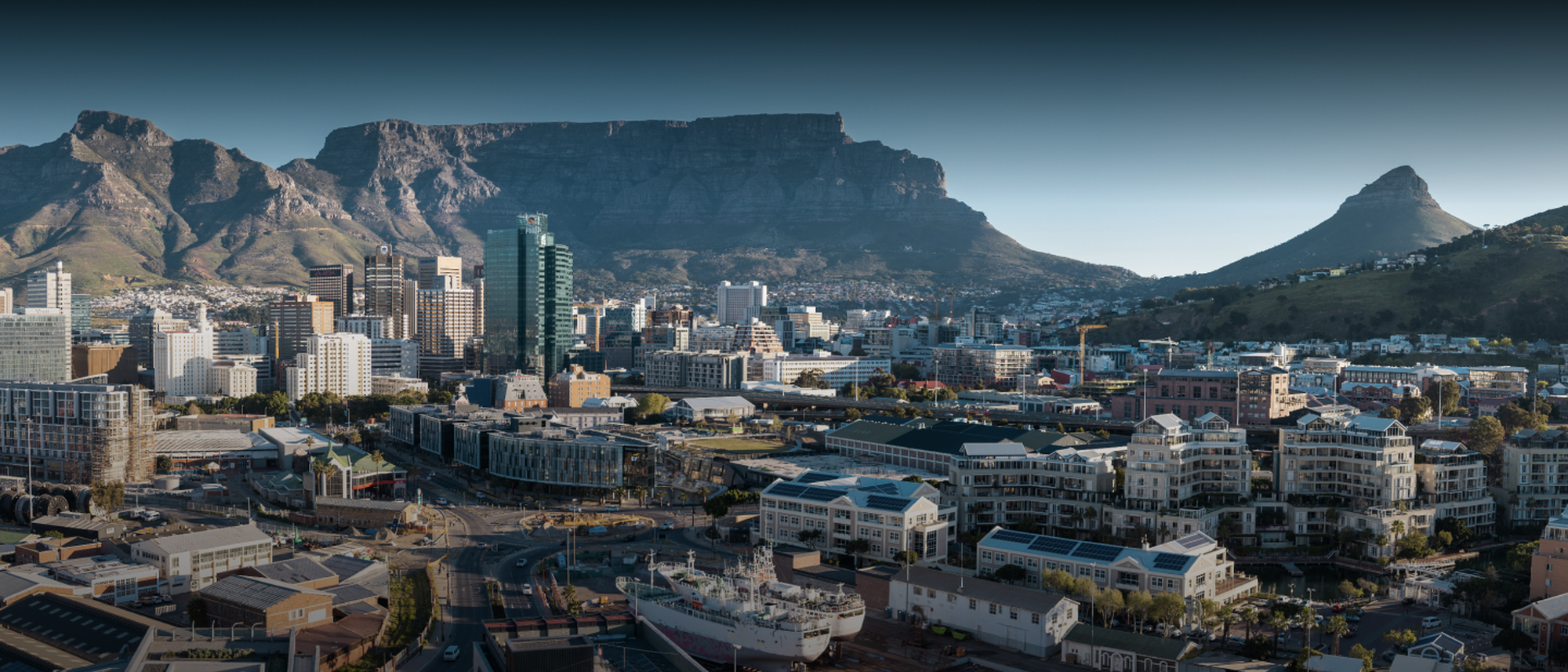South Africa is well known for its Big Five, but the Western Cape also boasts an abundance of marine wildlife, with the region perfect for whale watching. Here’s everything you need to know about whale watching in the Western Cape. Of the whale species seen in the waters around the Cape, southern right whales are the most common. However, you might also get a chance to see humpback whales and Bryde’s whales.
Where to see them
For land-based whale-watching, False Bay is the closest place to the Cape Town city centre for whale watching. Opt for the higher vantage points along the False Bay coastline such as Cape Point, Boyes Drive between St James and Kalk Bay, and Clarence Drive between Gordon’s Bay and Rooi Els.
Recently voted by The Telegraph as one of the best destinations worldwide for watching marine mammals, Hermanus is rated as one of the top 12 whale-watching locations in the world by the World Wildlife Fund. It offers the best land-based viewing opportunities because the whales often come within metres of the shoreline. There are viewing terraces at the Old Harbour, and Gearings Point is a popular spot. During the whale watching season, a Whale Crier alerts watchers to the presence of whales by blowing on a kelp horn. To fully immerse yourself in the whale experience, visit Hermanus during the last week of September when the seaside town hosts its annual whale festival.
Cape Agulhas is another popular whale watching area. Up to 50 pairs of southern right cows and calves have been known to frolic in the ocean near the southernmost tip of Africa. The Whale Trail, a five-day hike along the cliffs, dunes, and beaches, gives you a wonderful opportunity to view these mighty mammals and their offspring.
Plettenberg Bay is another town that can boast great whale-watching opportunities. The southern right whales can usually be sighted from June to November, while the migratory humpback whales arrive with their calves early November and stay until the end of February and can be seen again during May and June. There are some spectacular shore and cliff based whale watching points along Robberg and Keurboom beaches and Robberg Nature Reserve. Although one can often see whales from the beach, the ideal vantage point is on an elevated ridge or high point overlooking the ocean. One can see a great deal with the naked eye, but a pair of binoculars definitely enhances the experience greatly.
Good shore and cliff-based whale viewing sites is Plettenberg Park, Robberg Peninsula in the Robberg Nature Reserve, No 1 Beachy Head Drive, Beacon Island Rocks, Van Plettenberg Monument, Lookout Rocks, The Lookout View site and last, but not least, spectacular viewing along Keurboomstrand beaches and look out points.
Even better on a boat
While the Cape coastline offers many fantastic land-based viewing opportunities, it is an entirely different experience to get close to these magnificent creatures in the ocean.
Dyer Island Cruises depart from Kleinbaai harbour near Gaansbaai, and head to Dyer Island (8km from the shore). During the two-hour trip, you will see a variety of bird species, including African penguins, as well as Cape fur seals. The guides know where all the best whale-viewing spots are and have even reported seeing the same whales year after year! The peak season is from July to December, and southern right whales are pretty much guaranteed between August and November.
Hermanus whale festival
Now in its 28th year the Hermanus Whale Festival is the oldest and largest festival on the South African whale coast calendar. A celebration to the return of the southern right whales to the coastal waters of Southern Africa, all events and activities during the festival are focused to create awareness on how to protect the whales and all our marine wildlife who share our coastal waters.
Run over the course of 3 days, thousands of visitors descend upon the town to join in the festivities of this popular event. Accommodation establishments open their doors, restaurants dish up mouth-watering meals and the residents of Hermanus open their hearts in a warm welcome to visitors.
The whales are undoubtedly the stars of the show, but you can also expect quality entertainers and musicians, an array of food stalls, kiddies’ activities and events suitable for both the young and old.
For more information: http://hermanuswhalefestival.co.za/

















